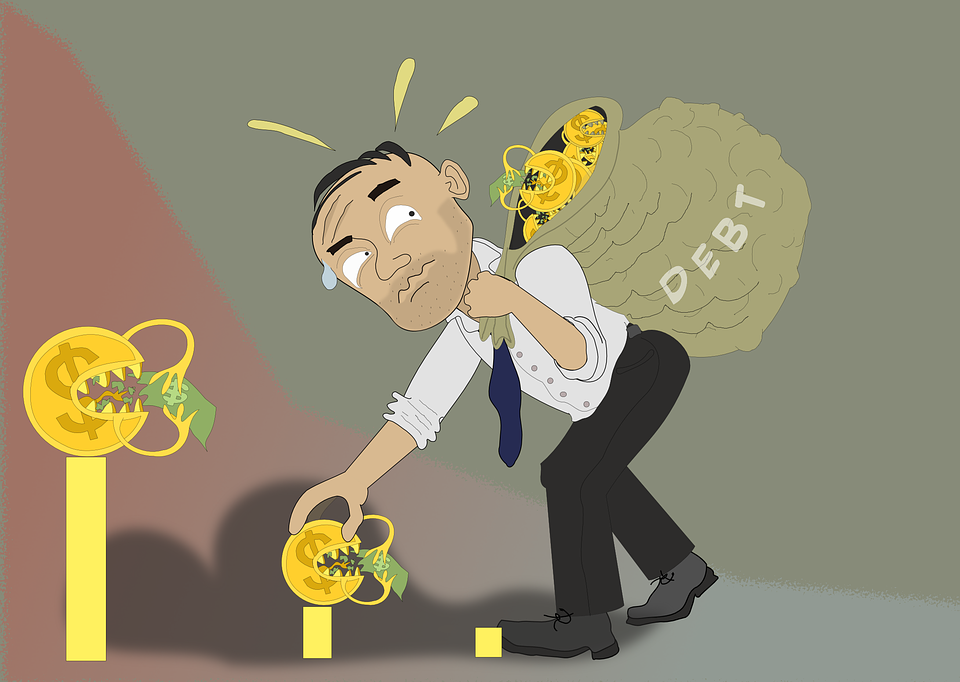Proven Ways to Manage Your Debts
Taking debt and repaying it can be a secret to growth and comfort. Unfortunately, it can get out of hand if not managed. Debt management takes many forms depending on your position. If you hit a lottery, you could pay it off in one installment.
Let us be realistic; what is the chance of that happening? Pretty low, right? So, you have to find other ways of sorting out your debt problem. Here are the four proven ways.
Set the targets and plan how to achieve them
Most good things start with a plan. Well, intentions are only good if they are realistic. You have to set targets that you believe will be achievable within the current capacity. If your job only offers £30,000 annually, you have to work within that level. If you are thinking of paying more, it means you have to free up funds elsewhere. I prefer to view debt as a challenge. Break it down into small targets that you can achieve over time. You can structure debt over a couple of years by freeing funds by reducing expenditure. Sharing an apartment could save you up to £500 every month. If you can do that in two or three years, you could free up enough money to pay for college tuition. Planning and setting targets mean you have to be disciplined. You have to make sacrifices along the way, including forgoing some necessities sometimes. It only works if you commit to the plan. Working with a budget and ensuring that you do not engage in unplanned expenditure.
Debt consolidation
If you have loans from several institutions, you can opt for consolidation. Consolidation means taking one loan to clear all the other outstanding debts. Once you have cleared all the other debtors, you will remain with one loan to deal with, meaning you can commit a large part of your income to repay that loan. Loan consolidation offers debtors a long-term repayment plan, which means they can slow debt growth and potential risks of default. You can take advantage of debt settlement offers to consolidate your loan by negotiating the settlement amount first before taking the consolidated loan. You could end up paying less for the loans and securing your future in the process.
Filing for bankruptcy
At one point in life, you will realize that nothing is working, especially when you don’t have a regular income. As discussed by https://www.scottishtrustdeed.co.uk
/knowledge-hub/what-if-i-cant-pay-my-iva/, failure to honor your IVA could hurt your debt situation and amplify problems that come from it. It is always good to decide how to approach insolvency. Insolvency will take away several things, including and potentially all your assets, but it gives you some leeway to start something positive away from debt. It is the last resort when your back is against the wall. The decision is best when it comes from an expert because the repercussions of insolvency can quickly escalate.
Avoid taking more debt
Debt can spiral to an uncontrollable level because of simple things. For example, paying your installments on time can prevent you from being fined by the creditor. Ensure that you have all the systems in place that will prevent that. Also, do not get into more debt. If you are trying to control student debt, you should not get into other loans. Instead, increase the monthly payments for the student loan before you pick another loan. Spend money that is within your disposable income until you have sorted the debt. It is advisable to take loans only when you want to make investments that will offer value to you. You can take loans to buy assets that appreciate over time instead of buying items that depreciate. Negotiate with your creditors. No creditor wants his or her debt to turn into a bad loan. Therefore, they are willing to secure loans even if it means renegotiating terms of the loan. The aim is to pay the most comfortable and efficient payment schedule. If you are paying a small installment, you will stay forever paying the loan. Besides, paying too much could hurt your quality of life. You have to strike a balance in between; paying your debt as soon as possible should not cripple you financially.
The first rule of debt is to stop soaking in more. Once you are in the hole, you have to find ways of getting out. Often, you start with what is doable. If there are some loans, you can settle quickly, you can negotiate with the debtor for a favorable amount. You can also consolidate your loans.

